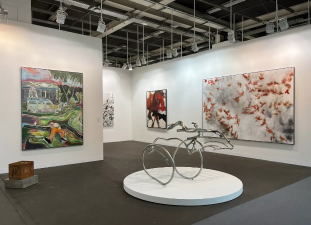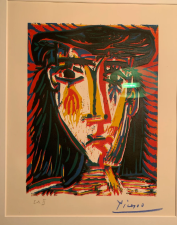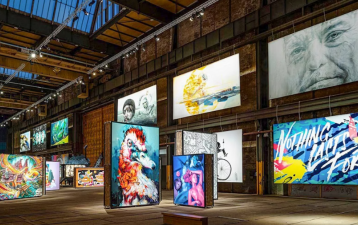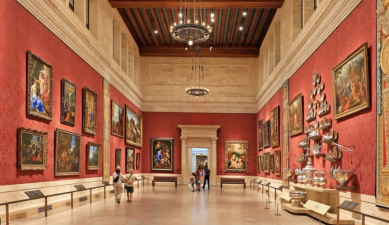Is AI-Generated Art Really “Art”?
Artworks are generally considered unique, personal, and ornamental, expressing the artist's perceptions, thoughts, and emotions.
Artworks are generally considered unique, personal, and ornamental, expressing the artist's perceptions, thoughts, and emotions.
They can possess aesthetic value, reflect social or personal ideologies, or offer new perspectives and reflections. They can be a painting, a film, a song, a sculpture, or other forms of work.
Regarding AI-generated works, some argue that because AI lacks human perception and emotions, their creations cannot be considered artworks. Others believe that as long as a work evokes feelings or offers new perspectives and reflections, it is a work of art.
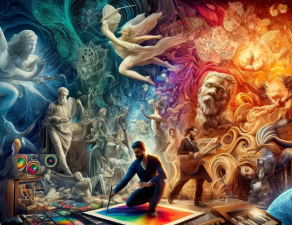
Sources of Creativity: Art has traditionally been considered a uniquely human creative activity. However, by learning and imitating human creative patterns, AI can also produce novel combinations and forms of expression.
Emotion and Experience: Artworks are often closely tied to the emotions and personal experiences of their creators. AI's lack of personal experience, as its work is generated based on algorithms and data, can lead to questions about the emotional depth and authenticity of AI-generated works.
Reception of Art: The value of art depends largely on its audience's acceptance and interpretation. If viewers can derive the same emotional experiences and reflections from AI-generated art as from works by human artists, such works may be accepted as art.
Art Community Response: The art community and critics have differing views on AI art. Some see it as an expansion of the art world, while others argue that it lacks core elements of human art, such as personal expression and emotional engagement.
Technological Development: As technology advances, AI-generated artworks are becoming increasingly difficult to distinguish from those of human artists. This may change our understanding and evaluation of art.
Philosophical and Ethical Issues: AI art also raises philosophical and ethical questions about machine intelligence, consciousness, and the role of humans. Exploring these issues may influence our understanding of AI art.
Artistic Diversity: AI art can be seen as a new form of artistic expression, expanding the boundaries of art and bringing new perspectives and possibilities to the art world.


